Declassified UK dossier praises Gough Whitlam legacy
The Whitlam Labor government left an ‘impressive’ record and gave Australia a new ‘image’ led by a dynamic leader but was undermined by various failures, according to a confidential British report.
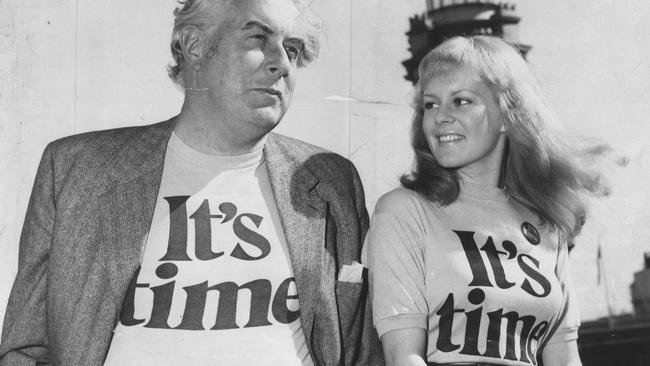
The Whitlam Labor government left an “impressive” record and gave Australia a new “image” led by a dynamic leader but was undermined by inexperienced ministers, poor public service relations and policies that worsened the economy, according to a confidential report by British diplomats.
Fifty years after the election of Gough Whitlam’s government on December 2, 1972, a recently declassified review of the Whitlam years by British high commissioner Morrice James judged that Labor’s policy and administrative failures, ministerial scandals and rush to implement its agenda contributed to the government’s “downfall”.
The report, read by British prime minister Harold Wilson and sent to Washington, Jakarta, Singapore, Kuala Lumpur and Wellington, offered a mix of praise for Whitlam’s considerable “achievements” coupled with harsh assessments about various “shortcomings”.
James was critical of Sir John Kerr’s dismissal of the government on November 11, 1975 – doubting whether such “a drastic exercise of the vice-regal reserve power” was “justified” – and concluded that Whitlam’s successors would continue with the policy direction he initiated.
Labor’s election victory was “largely due” to Whitlam’s personal appeal and making the party a credible alternative to the “divided and unpopular” Coalition government led by Billy McMahon, it was argued.
“The Labor government came to power at the end of 1972 on a wave of euphoria, even hysterical joy, on the part of its supporters who had laboured so long for the day,” James wrote.
“Much of the credit for Labor’s victory undoubtedly belonged to Mr Whitlam. Distinguished in appearance, autocratic in manner, articulate and effective in debate, Mr Whitlam had, since taking over as leader of the ALP after its eighth consecutive defeat … fundamentally restructured the party organisation, and modernised and presented its policies in such a way as to make it a serious alternative government.”
However, the despatch noted the quality of ministers was uneven and Whitlam often saw his authority challenged. Most ministers were in their 50s or 60s and several had been in parliament for decades.
“The cabinet contained almost to the end a disproportionate number of elderly party hacks who had to be rewarded for years of faithful service by being given departments which they were neither qualified nor able to control. (A)lmost all were suspicious of the public service – for the most part without justification – and distanced themselves from their departments by the appointment of even younger (and even less experienced, and sometimes downright unsuitable) men and women from the ALP to man their private offices.”
The high commissioner praised Labor’s record as “impressive”, naming Medibank, increased spending on education and pensions, the promotion of Australian arts, a raft of law reforms, wage indexation and environmental protection as initiatives that were overdue.
He also noted changing the Queen’s title to “Queen of Australia”, ending imperial honours and making “Advance Australia Fair” the national anthem.
James’s strongest criticism was the failure to control rising inflation and unemployment as growth fell. While noting economic problems were “inherited” and made worse by global factors, much blame was due to the government’s headstrong drive to implement its agenda, confused policy making and revolving-door treasurership.
Bill Hayden’s 1975 budget was assessed as “a sound basis for recovery” from which the Fraser government would benefit.
“Labor’s management, or mismanagement, of the economy, was the single most important issue which led to their defeat in (the) December 1975 (election),” he wrote. “(T)he major and prior cause of unemployment and inflation in Australia had been the government’s own policies.”
The despatch noted the foreign policy focus on the Asia-Pacific, recognising China, withdrawing remaining troops from Vietnam and encouraging Papua New Guinea to independence. He noted “cool” relations with the US and France later became “warmer”, and said Australia-UK relations remained close. He said de jure recognition of the Soviet Union’s incorporation of the Baltic States and overtures to Third World countries were gratuitous and divisive with traditional allies.
James wrote that the government’s agenda was “frustrated at almost every turn” by the opposition deferring and rejecting legislation in the Senate.
James concluded that Labor fundamentally changed the nation and that Australians would not want to return to the “torpor of the pre-Whitlam era”.
“Three years of Labor government have wrought a major and permanent change in almost all areas of Australian political life,” he wrote. “No future government in Australia will be able to ignore, still less reverse, many of the changes of institutions, and of values and assumptions, introduced by Mr Whitlam’s administration in three turbulent years.”


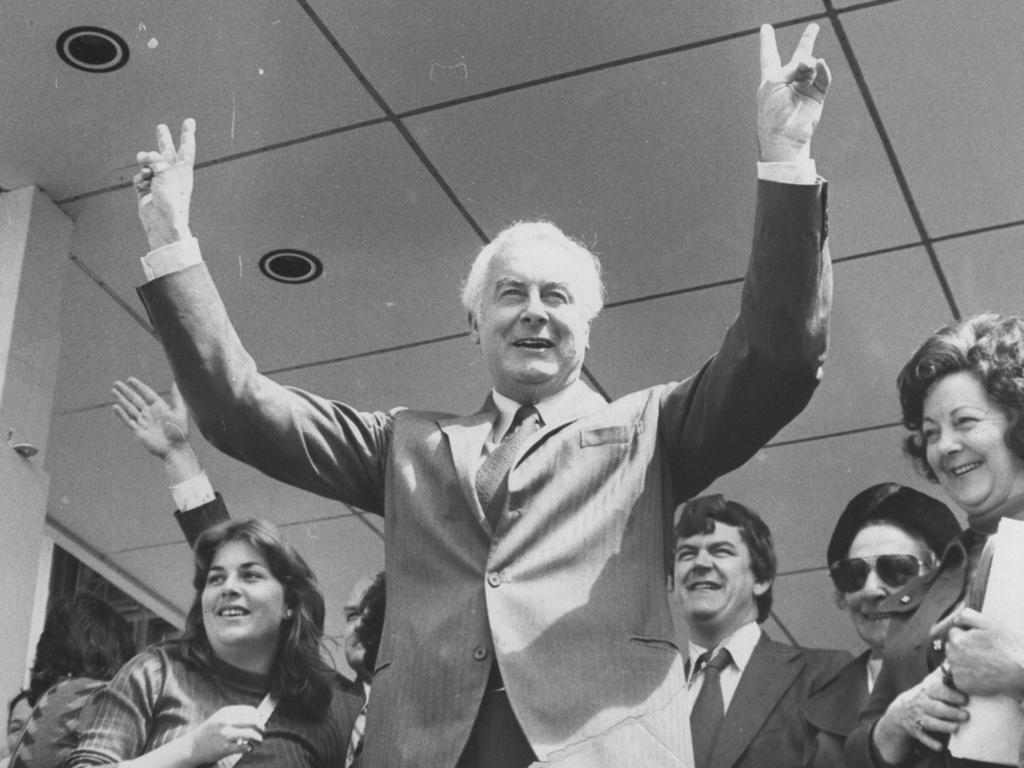
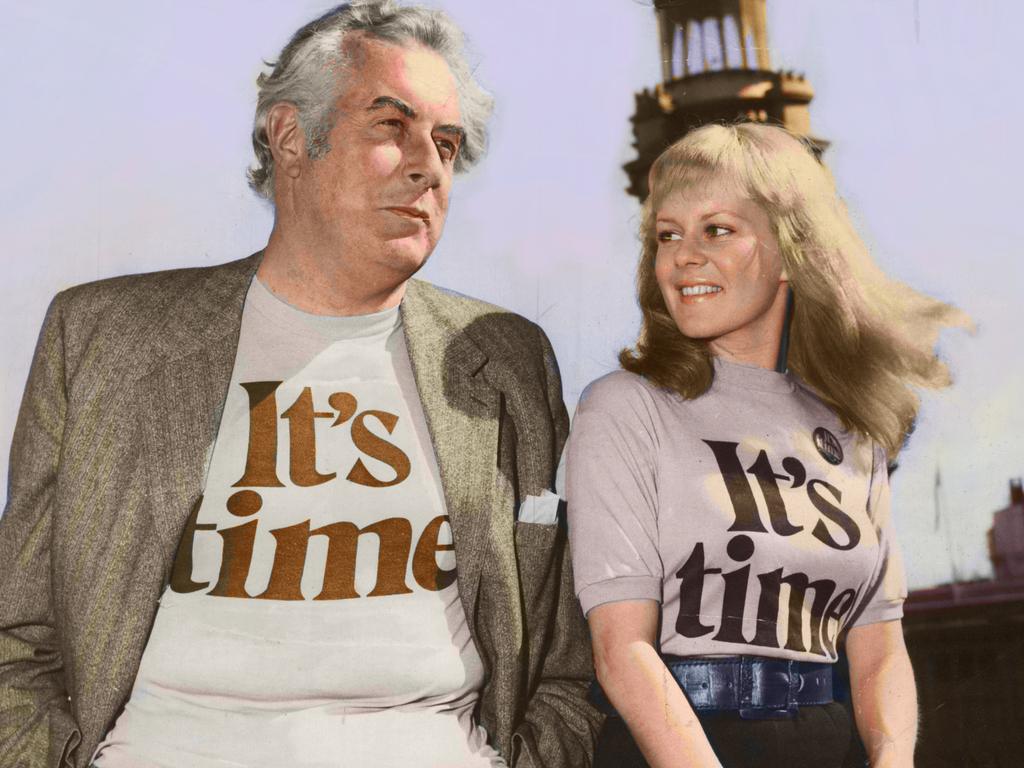
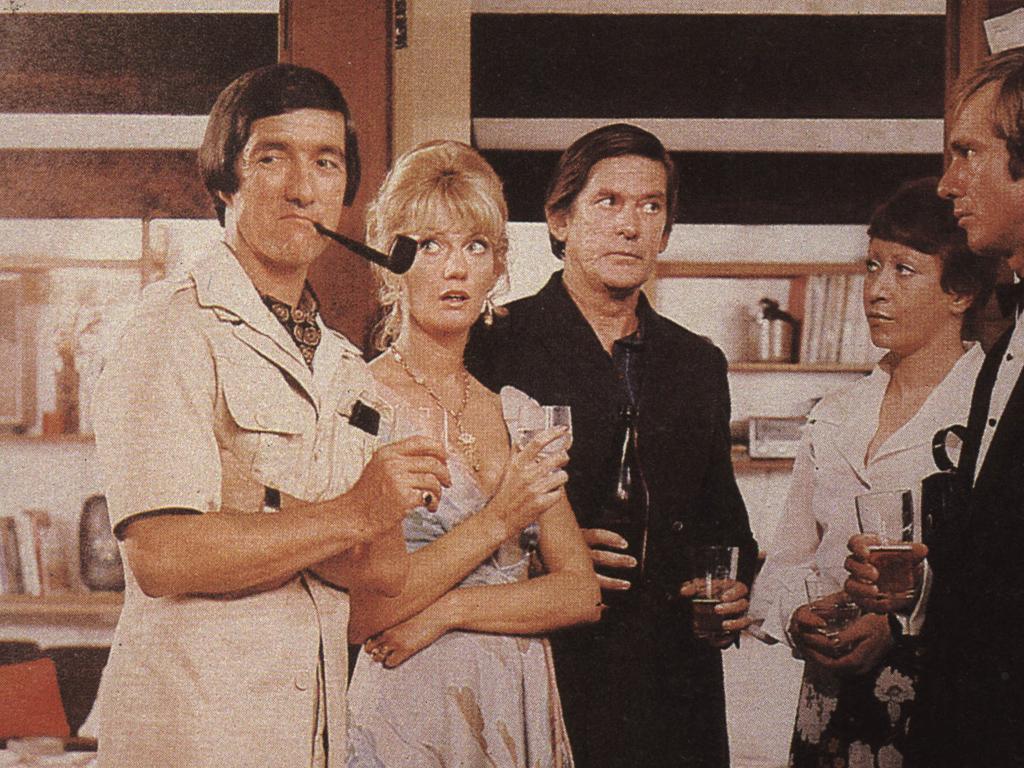
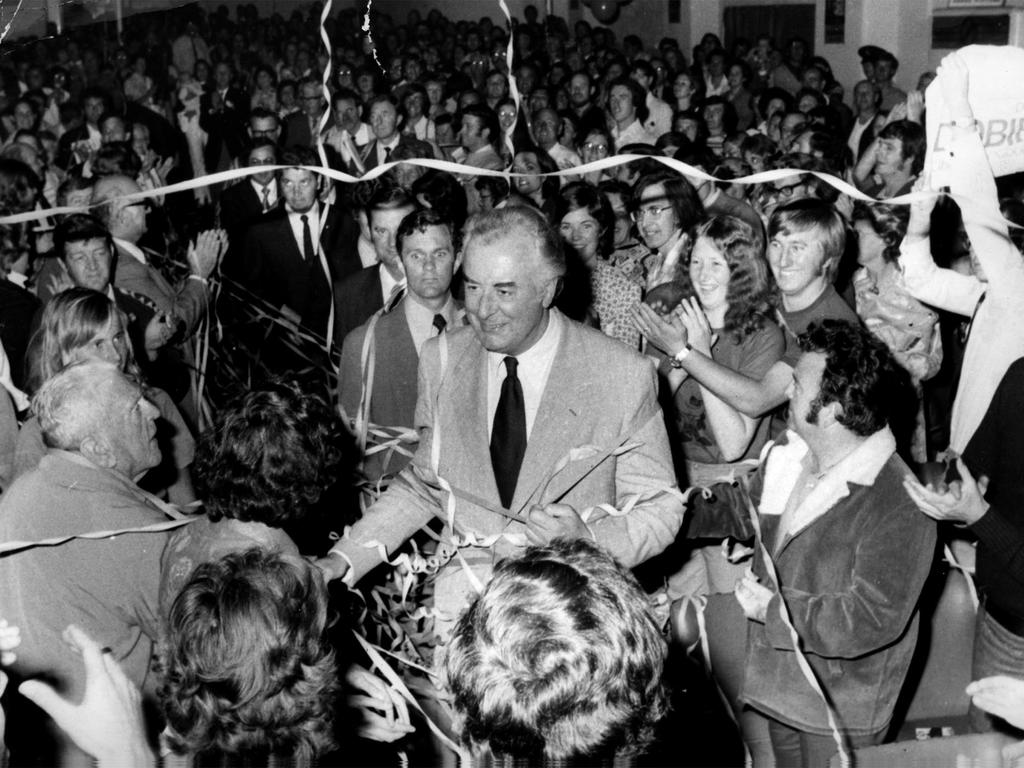


To join the conversation, please log in. Don't have an account? Register
Join the conversation, you are commenting as Logout